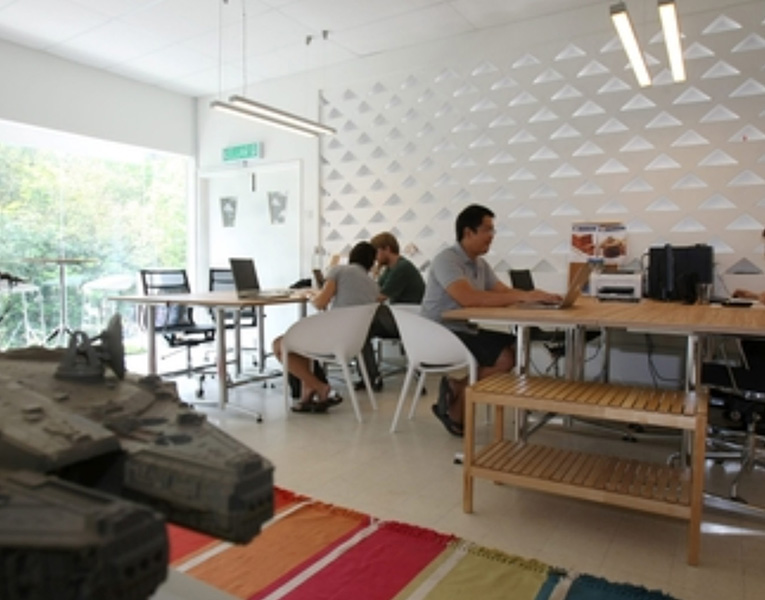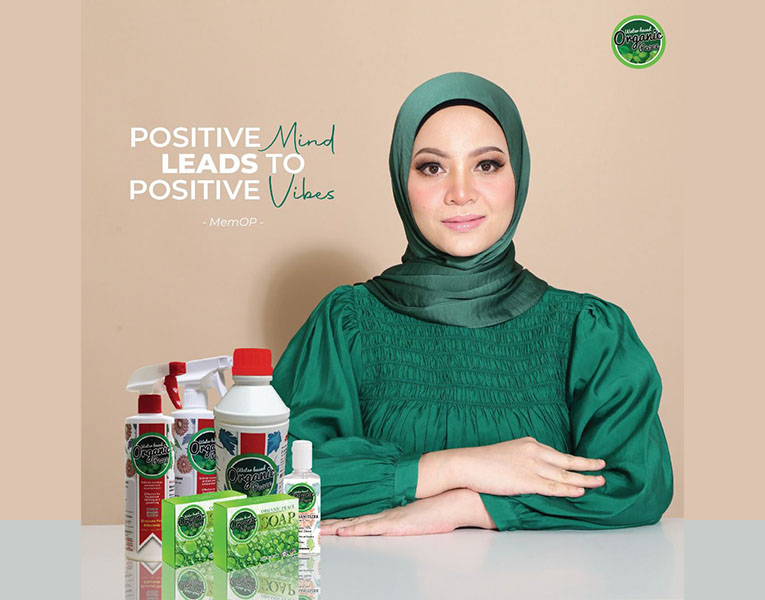At the recently held Taiwan Expo 2019 at Penang’s Setia SPICE Convention Centre, it featured the best halal products from Taiwan at the Taiwan Halal & Bubble Tea Pavilion.
Taiwan’s ever-popular bubble tea is produced from halal raw material, making it the ideal drink for the Muslim community in Malaysia and beyond.
The halal accreditation is overseen by Department Of Islamic Development Malaysia (JAKIM) under the Prime Minister’s Department (Religious Affairs), headed by Datuk Seri Dr Mujahid Yusof Rawa.
Malaysia is perceived as a global leader in the global halal industry. Malaysia’s halal certification is most stringent.
What is Halal and Haram?
The word halal is derived from the Arabic word which means allowed or permitted by Islamic laws. The halal certification isn’t limited to food and beverages, but it also involves consumer goods (cosmetics, clothes and equipment), food premises and slaughterhouses.
The halal certification ensures that no part of the product comes from any animal forbidden to be consumed by Muslims and no substances considered impure or harmful under Islamic law or jurisprudence is used.
Slaughterhouses should ensure the slaughter of the animals are in accordance with Islamic law. By which halal products must not come into contact with any impurities or harmful substances as defined by Islamic law and jurisprudence during any stage of production, handling, storage or shipping.
Additionally, all equipment, utensils and manufacturing processes must be in accordance with Islamic law and free from impurities.
The halal certification ensures the purity and cleanliness of the sources from which products are derived and the process by which they are produced. In other words, Halal is the supreme stamp of purity and safety that guarantees products of superior quality.
“Consumers are interested in halal products because it certifies the preparation of the food is safe and hygienic for consumption,” said Datuk Seri Dr Mujahid Yusof Rawa, during the pre-launch event of the Global Halal Summit 2019.
Taiwan aspires to have more of its halal certification recognised to cater the ever-growing halal market certification demand.
David Hsu, director of the economic division for the Taipei Economic and Cultural Office in Malaysia, said the halal market was most important at the moment based on the Muslim population globally.
Halal Opening Doors to Entrepreneurs
Mujahid further added, that the halal industry has gained interest throughout the world, not only in Malaysia but also other countries with Muslim populations.
With a worldwide consumer base of approximately 1.9 billion Muslims in 112 countries, the magnitude of the Halal industry is projected at trillions of US dollars.
According to Abdullah Hidayat Mohamad, co-founder of Ficus Venture Capital at the recent Malaysia Tech week, the global halal market in 2016 was USD2.8 trillion (RM11.5 trillion). Hence, we can see that business opportunities in the halal sector is constantly growing.
Muslims consume only halal foods, but non-Muslims may consume Halal food. Hence, making halal certified products for everybody.
Today, Southeast Asia and the Middle East represent the two most significant economies for Halal products. More than 400 million Muslim customers are in these areas.
In conjunction with the Tokyo Olympics 2020, Japan has also been looking into spreading its horizons into the halal market. Recently, Japan’s Zensho recently acquired Malaysian halal chain The Chicken Rice Shop for.
There is an increasing demand for products certified by Halal. With this in mind, it makes logical sense for the establishment of an Asian Halal Brand Award (AHBA), which is currently open for nominations.
Such an award would not only promote Halal industry, but also to recognise the crème of the crop for Halal certified goods and services in the region with the largest population of Muslims.
A profitable food market system is presented by the booming Muslim population in the Middle East, North and South Africa, and South Asia, the former Soviet Union and China.
Malaysia’s halal certification is most sought after with over 50 international bodies registered to date with JAKIM’S recognition programme.
Amongst those bodies are (as of February 2019):
- LLC Certification Center “Halal” – Ukraine
- Halal Certification Agency Vietnam (HCA) – Vietnam
- KAS ULUSLARARASI SERTİFİKASYON GÖZ. TEK. KONT. HIZM. LTD. ŞTI. (KASCERT INTERNATIONAL) and, Association For The Inspection And Certification Of Food And Supplies (GIMDES) – Turkey
- Shandong Halal Certification Service (SHC), China Islamic Association, Shaanxi Shang Pin Yuan Halal Food & Restaurant Management Limited Company – China
- Centro Islamico De Chile – Chile
- Fambras Halal Certificaçao LTDA (FAMBRAS HALAL) – Brazil
- Agency for Halal Quality Certification – Bosnia and Herzegovina
- Islamic Information and Documentation Center – Austria
- Islamic Centre of Argentine Republic (Centro Islamico de La Republica Argentina) – ArgentinaCentre For Halal Quality Certification (CHQC) – Croatia
Therefore, Malaysian halal firms are also urged to use the Tokyo Olympics 2020 as a launch pad. The requirement for halal products is expected to rise as Japan anticipates a substantial number of Muslim participants and tourists during the sporting event.
Asia Halal Brand Awards (AHBA) recognizes and promotes prominent halal brands in Asia. The highlight of the event will culminate in a Gala Dinner that will be held at Shangri-La Hotel Kuala Lumpur.
Visit www.ahba.asia to learn more and to make your nomination.
















